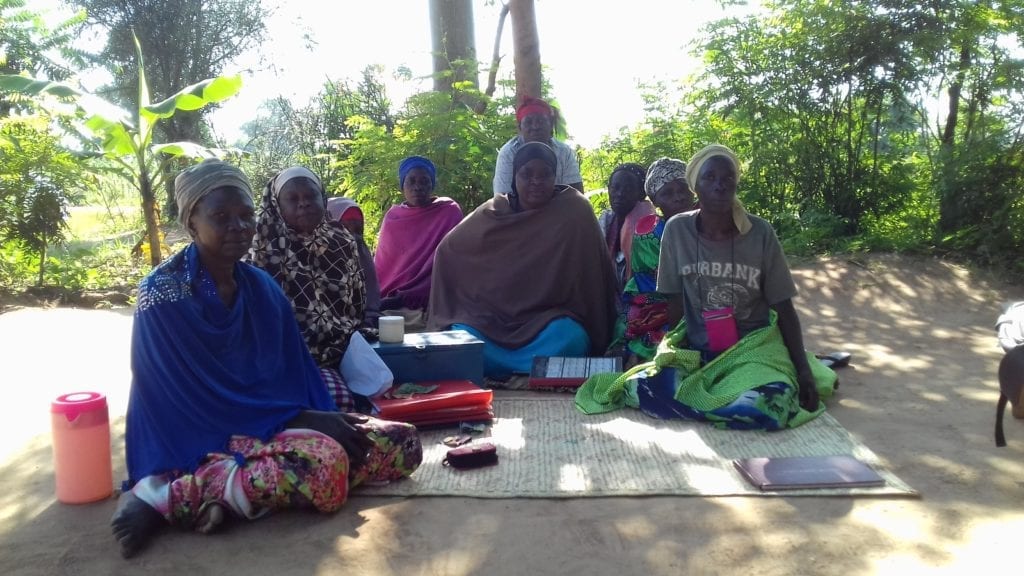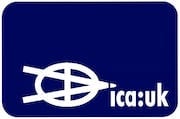ICA:UK partner the Safe Neighbourhood Foundation (SNF) is implementing the DFID-funded project to improve the lives of farmers in Budaka, a District not far from the provincial town of Mbale in Eastern Uganda.

Over the past weeks, the area had been affected by unseasonal rainfall- the usual hot, dry season being replaced by frequent and often heavy rains. As a result, doubt is now in the farmers’ minds about what will come next: will the seasons revert to “normal”, meaning further rains coming soon, or will they now have an extended dry period? As people dependent on the seasons for their livelihoods and food security, such unpredictability raises new challenges. The DFID-funded programme works with farmers to help them address these issues by sharing good practice in choice of crops, ways of planting, how to store, when to sell, etc.
Alongside this programme is an older, more established initiative which has supported people to set up Village Savings and Loans Associations (VSLAs). After some help to establish the groups and an initial training to equip members with the necessary knowledge and skills to run the scheme, groups are able to manage on their own, with just occasional support and guidance. Experience to date has shown that
- Regular saving and access to loans has enabled families to better manage the payment of school fees, health care, funeral expenses and other more socially-orientated activities
- Similarly, loans have been used by individuals and small collectives to set up their own profitable businesses- keeping chickens, growing vegetables, weaving mats, etc.
- Many of the group members and leaders are women, providing them with income, status and confidence in a society that is traditionally male-dominated

Now farmers are beginning to see that such schemes can be another way to help them cope with the vagaries of a changing climate. By enabling them to access loans at crucial times, the VSLA loans give them an alternative source of finance so that they are able to tide over times of delayed harvests, low market prices, failed crops and so on. Encouraging farmers to set up or join such a scheme will be part of the next phase of the programme.
This project is one example of ICA:UK working with partners to encourage and enable wider use of participatory approaches both within the organisation and in the programme work they do. We recently carried out a two-day training on ToP Methods for the SNF staff members and community leaders.
